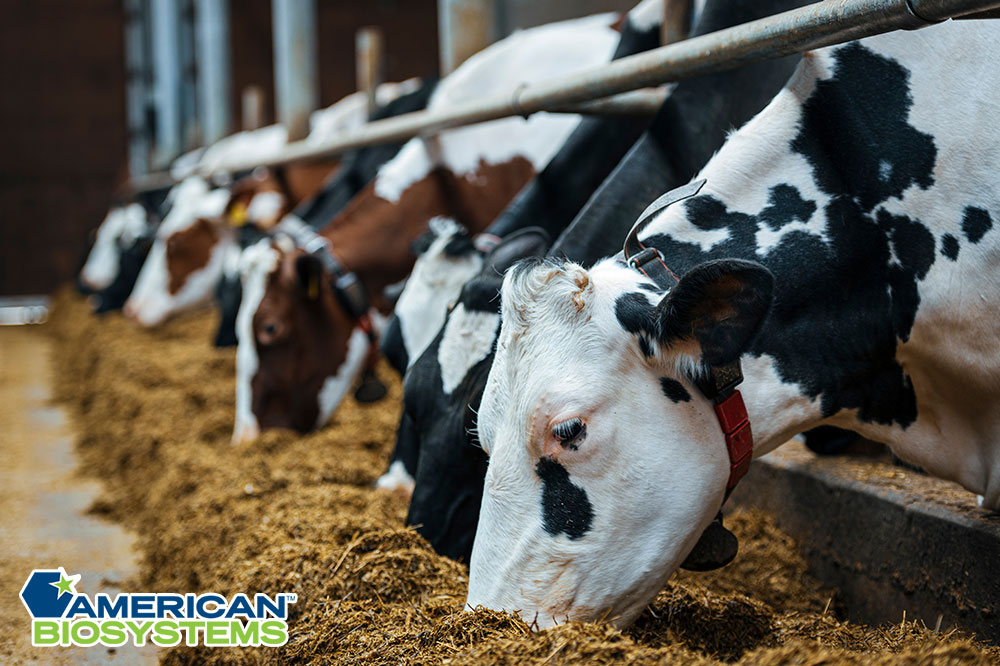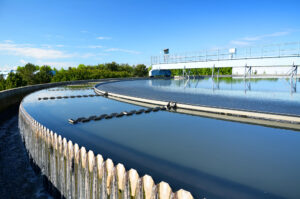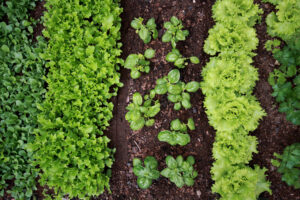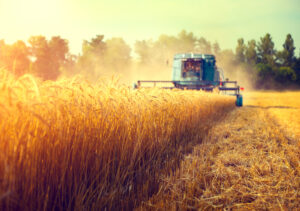Proper nutrition is crucial when raising any livestock, as it affects productivity and, your return on investment. From reproduction to growth and even lactation, several functions depend heavily on the quality of the animals’ diet. When raising cattle, you want to make sure that you have nutrient-rich feed that’ll help them optimize their performance. Here are a few things you need to know before feeding your cattle:
Hydration is key
Cattle will eat more and therefore put on more weight the more they drink water. The hotter it is outside, the higher their intake will have to be. The same applies in the last trimester of the pregnancy period, and lactating cows have a greater need for water to produce enough milk. Other factors resulting in varying water requirements include age and diet. You can let them drink from natural sources like streams, as long as there isn’t a connection to local water supplies downstream.
You’re going to want to have either UV-resistant and food-grade polyethylene troughs or galvanized steel troughs. They need to be scrubbed down regularly to avoid water contamination. It’s very important for cows to have clean water within reach on a daily basis. When it’s cold, this can translate to up to 30 gallons per day. On hot days, it can mean one gallon per 100 pounds of body weight.
Supplementation
With enough forage at your disposal, all you need to add is a supplement containing salt and minerals. Trace minerals may not be enough for your cattle, especially when greater demands are thrust upon them. When cows produce milk, when bulls go through the breeding season, the late calf development phase; these are some of the demanding times to look forward to. Filling in the mineral gaps in their diet is as easy as getting a complete mineral supplement containing all the necessary minerals. The good thing is you have the label to guide you in terms of mineral consumption rate.
Taking note of the season and the feeding program is important when supplementing feed. With pasture cattle, for example, there’s a higher susceptibility towards grass staggers, which is a magnesium deficiency. More technically known as grass tetany, it can prove fatal after just a few hours from the outbreak. This only serves as a threat during springtime, and a normal pasture mineral will do for the other three seasons.
Besides minerals, cattle must also get enough protein and vitamins. They can get their protein from plants and vegetables like legumes that have an exceptionally high protein content. Still, there are mineral supplements that contain protein, for farmers that can’t or would rather not stock up on legumes. Supplemental vitamins A, D, and E will also be instrumental in maintaining the health of your cows. Vitamin B is naturally produced in the stomach of a cow, but those that have been through stressful conditions may need supplemental assistance.
You need to be careful about the ingredients included in the supplements that make up your animal feed. The goal is to stick with what’s environmentally friendly. After all, cattle farming is already considered bad for the environment, with all the greenhouse gas emissions and soil erosion that takes place. If you’re dealing with non-polluting enzymes and direct-fed microbials, then you’ve made the right choice. Some supplements can even have multiple purposes, like the aquaculture-friendly supplements we produce here at American Biosystems.
Master your Pasture
Grass-fed beef is higher in vitamins, antioxidants, as well as fiber. It’s also lower in saturated fat, which is good news for the health conscious. That’s why you’re better off taking good care of your pasture so you can offer the best. This entails knowing which weeds are good and bad, eliminating those that cause more harm than good. It also means testing your soil and making the necessary amendments for the growing season. Also, you don’t want to overgraze, so rotate between pastures to allow for the grass to grow.
Manure can be detrimental to grass if it lies there for a long time. For that reason, you need to rake it up. Protecting your grazing land will contribute to a greater output at the end of the day. So, make sure your gates and fences are maintained and get a guard animal like a dog to keep the area free from predators.
For more information or any questions related to cattle, contact us today.





